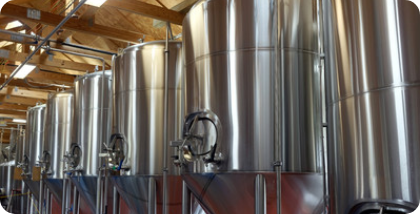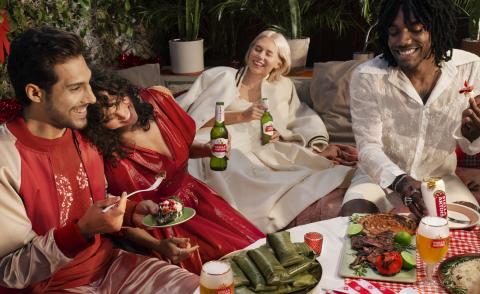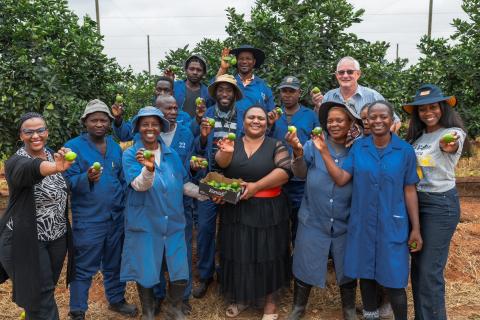
Johannesburg. 20 October 2014. According to a 2012 University of South Africa (UNISA) Youth Research Unit Substance Abuse Survey, around 15 percent of boys and eight percent of girls admitted to having had their first drink before the age of 13.
This research information is a timely reminder as we approach the end of the year when teenagers begin attending end-of-school parties, matric dances and after-parties or parties hosted by friends or friends’ family.
It is not uncommon for alcohol to be illegally consumed by teenagers at these gatherings. The UNISA research shows that a percentage of teenagers in the average South African home have at some stage experimented with alcohol, but that the vast majority of parents believe their kids do not drink.
SAB, which launched the 18+ campaign as a call to action for adults to be role models in the fight against underage drinking, says while parties and other get-togethers help children to develop socially, it is crucial that careful supervision occurs where alcohol might be present.
As a leading alcoholic beverage company in South Africa, SAB takes responsible drinking and the fight against alcohol abuse very seriously. The company has compiled checklists for party safety, whether the party is one that an adult or a teenager is hosting, or a party that a teenager will be attending.
If your child is going to a party
- Contact the parents holding the party and check on the facts concerning the event
- Talk to your children about your expectations and the consequences of their not living up to them.
- Do not give your children large amounts of cash.
- Make it clear that they cannot leave the party and go to another without getting your permission.
- You (or a trusted parent) should pick them up at the agreed time but they should also know that they can phone you at any stage if they need to leave.
- Sleep overs are a no-no, unless you have reason to trust the host family completely. Check last minute sleep-over plans very thoroughly with the host parents.
- Be awake when your children return home, or have them wake you. Talk to them for a while.
A party checklist for an adult hosting a teenage party
- Keep the party at a manageable size. Ensure your adult-to-child balance is workable.
- Agree to guidelines with your teenager as to how the evening is expected to progress - including what time it will end.
- Agree on which parts of the house and garden may be used for the party.
- Be a visible presence at all times.
- Agree to an invitation list beforehand and resist late additions, especially gate-crashers.
- For larger parties, provide security at the gate and perimeter.
- Be wary of people who leave and then return.
- Protect your alcohol supply; make sure that your children cannot get to it.
- Provide large quantities of food and encourage people to eat.
- Your responsibility only ends once a child is safely collected. Children should not just disappear. If they do, parents should be contacted.
- Be observant throughout the party and aware that there are mobile delivery services that deliver alcohol to parties.
- Never make the exception or concede to children drinking alcohol variants that contain lower alcohol volumes.
If your child is organising the party
- Agree on a guest list—don’t admit party crashers.
- Discuss ground rules with your child before the party.
- Encourage your teen to plan the party with a responsible friend so that he or she will have support if problems arise.
- Brainstorm fun activities for the party.
- If a guest brings alcohol into your house, confiscate it and call their parents.
- Serve plenty of snacks and non-alcoholic drinks.
- Be visible and available - but don’t join the party!
Parents and adults should remember that it is not okay for underage youths to drink alcohol under any circumstances. Even small amounts of liquor can cause physical and psychological damage to their developing bodies. SAB believes that there should be no drinking for those who are under the age of 18.
Sources: South African Depression and Anxiety Group and the National Institute on Alcohol Abuse and Alcoholism



